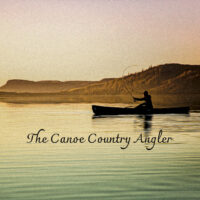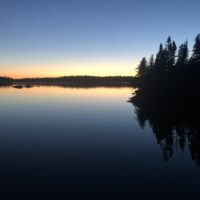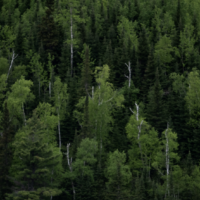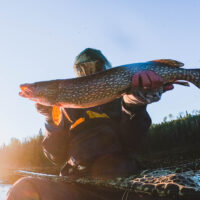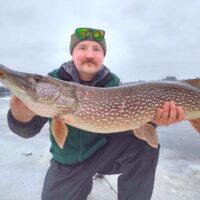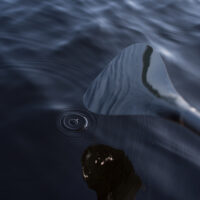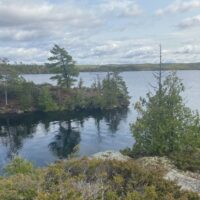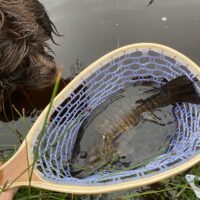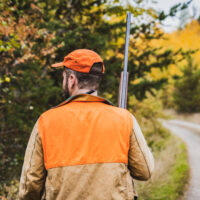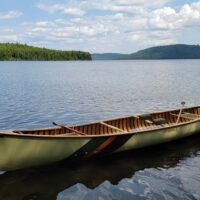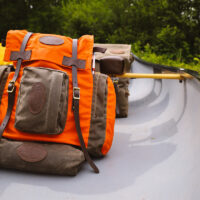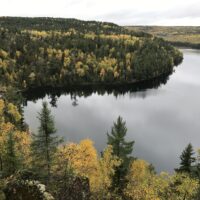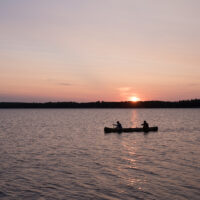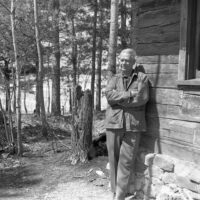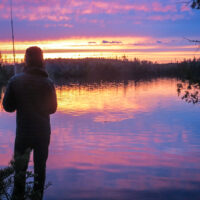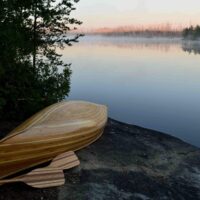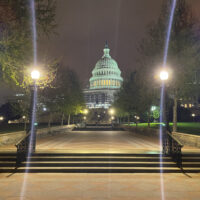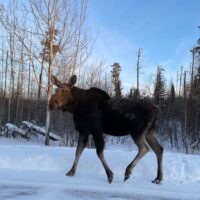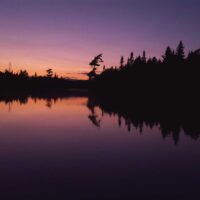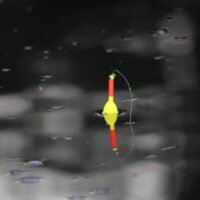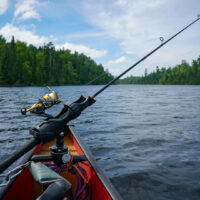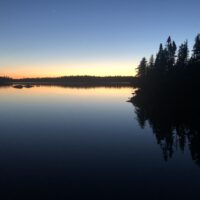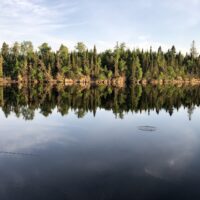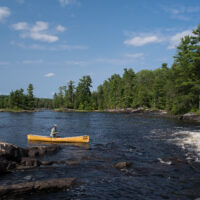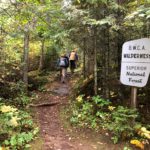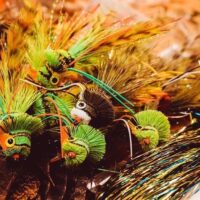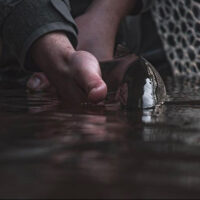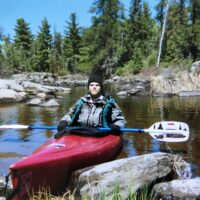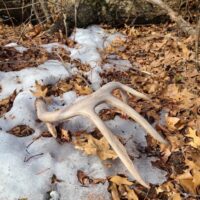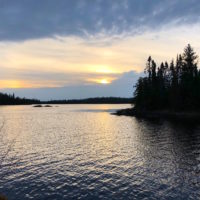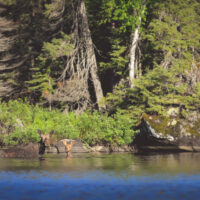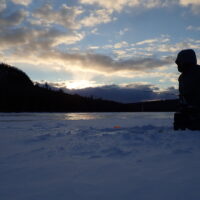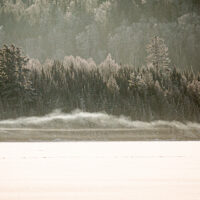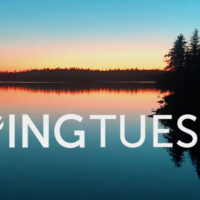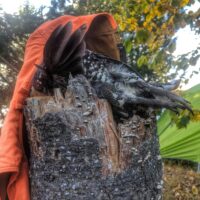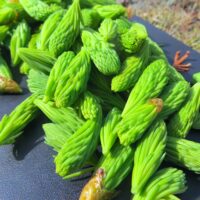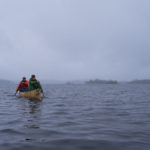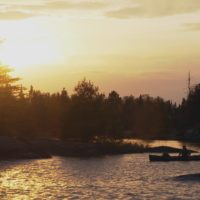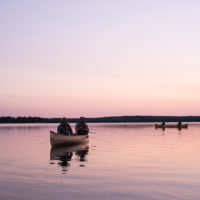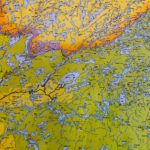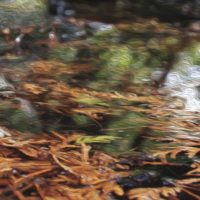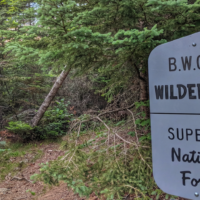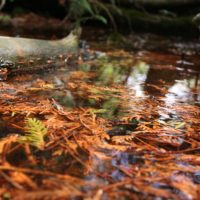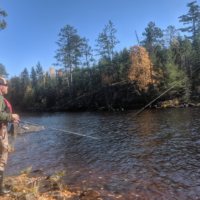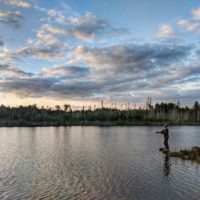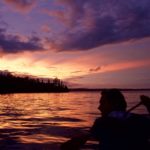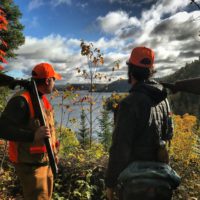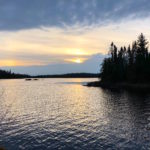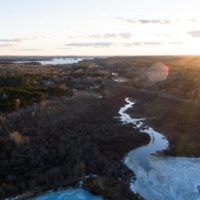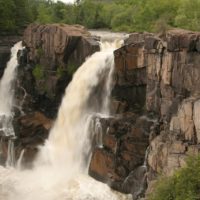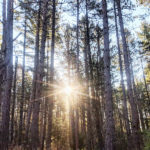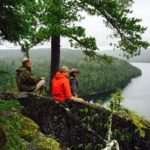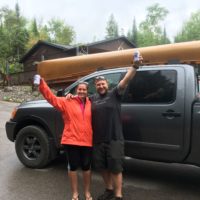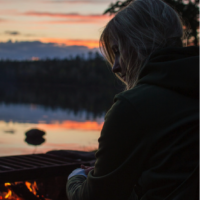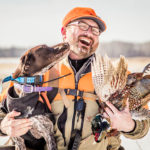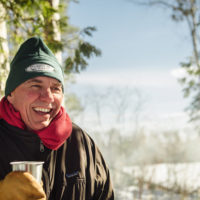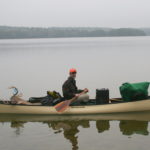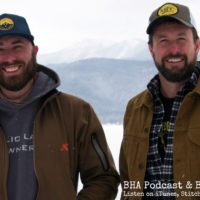The God of Wild Places: Rediscovering the Divine in the Untamed Outdoors
January 26, 2024 9:32 amby Tony Jones
Author’s Note: Below is a short excerpt from my new book, The God of Wild Places: Rediscovering the Divine in the Untamed Outdoors. The book tracks my journey out of the church – I used to be a pastor – and into the woods. As the passage below hints, the Boundary Waters Canoe Area Wilderness has been an important part of my healing, which is why I so fervently support the mission of Sportsmen for the Boundary Waters. If you love the BWCA as much as I do, I hope you’ll find some resonance in the words below, and in the book as a whole.
After decades away from the Boundary Waters, I’d become one of the many Minnesotans who say, “I love the Boundary Waters. I went there as a kid. But I haven’t been back in a long time. Maybe next year…” Year after year I said this. Until I finally went, and it was even better than I remembered. So I made a commitment: I am going to visit the BWCA at least once a year as long as I’m physically able.
Years ago, someone taught me to stop my car a block or two after I’ve left my house for a canoe trip, open the door, and let everything that might keep me from peace symbolically pour out of the car and down the drain. It’s my way of leaving the anxieties of my everyday life behind so that I can walk into the wild free of those burdens.
At the launch site, before I push my canoe into the water, I take a moment to set an intention for the trip, to focus my energy on what’s ahead. Anxiety is inevitable — I feel it, though I’ve stood here many times before. I pay attention to that anxiety: it’s an evolutionary trait meant to keep me alive.
Then the canoe slides into the lake. Invariably, when I’m guiding a trip, the group is chatty on the first day, the excitement of the launch mixing with the social awkwardness of getting to know one another. One route that I often choose starts in a channel that has cabins on either side. The farther north we paddle, the less frequent the buildings, until we swing past American Point into the expanse of Lake Saganaga. That transition, from the narrows to open water, tends to take novice paddlers by surprise, so it’s about then that I suggest that we journey in silence for the next hour. That’s more of a challenge for some than others, but we do it each day, paddling for a few miles in silence. When you stop listening for the voices of your fellow humans, you tend to be more attentive to other sounds: water lapping at the kevlar canoe, a paddle swishing through water, wind in the jack pines, a beaver slapping its tail.
It usually takes me a day or two to access true inner peace in the wilderness. Like tapping maple trees, the sap is in there, but the temperature needs to be just right for it to run down the spout and into the bucket. And that’s a big part of it: remembering that the peace doesn’t live in the wilderness, waiting for me. I’m bringing the peace with me — it’s inside of me. The wilderness is the catalyst, the conduit for the emergence of theosis, blowing on that ember of peace that dwells deeply within me, bringing it to full flame.
About the book:
Millions of Americans, disillusioned with organized religion, yearn for meaning and transcendence in their lives, and many of them are finding that in nature. When pastor and theologian Tony Jones, Ph.D., had his crisis of faith, brought on by personal trauma and broken relationships, he sought solace in the outdoors – paddling a canoe, hunting with his dog, butchering deer.
When he walked out of the church and into the woods, he left the orderly pews and numbered hymns for chaotic spaces and untamed wilderness. And he re-discovered God — a God who brings peace in the midst of storms, a God who lives in the community of our fellow creatures, a God who’s acquainted with death. This is the God of wild places.
In The God of Wild Places, Tony mines his own experiences, recent research in evolutionary psychology, and ancient wisdom from various spiritual and philosophical traditions to fashion lessons about solitude, the predator-prey relationship, the importance of place, risk, failure, and death, and the chaotic presence of God.
Tony’s guidance in The God of Wild Places promises to introduce a generation of Americans to the transcendence available only in untamed spaces; his writing draws on wisdom from Christianity to Buddhism, Kant to Cioran, Jim Harrison to Annie Dillard. This is a journey of loss and discovery through forests and fields, lakes and streams, from knowing to unknowing, from finding to losing — from life to death, and then back to life.
LEARN MORE & PRE-ORDER THE BOOK HERE
photos by: Courtney Perry
Categorised in: Blog, Fishing, Hunting, Partnerships, Updates



